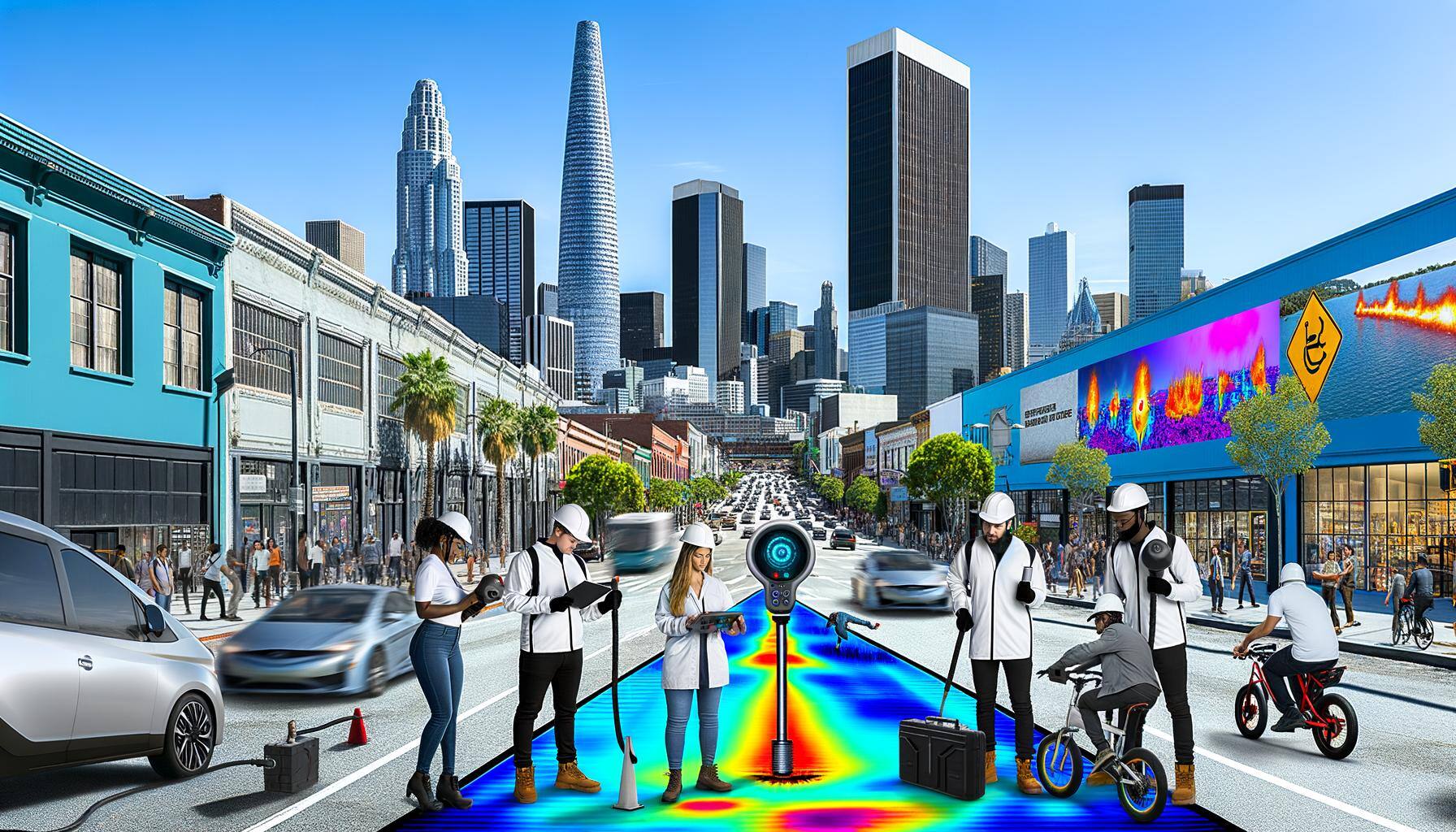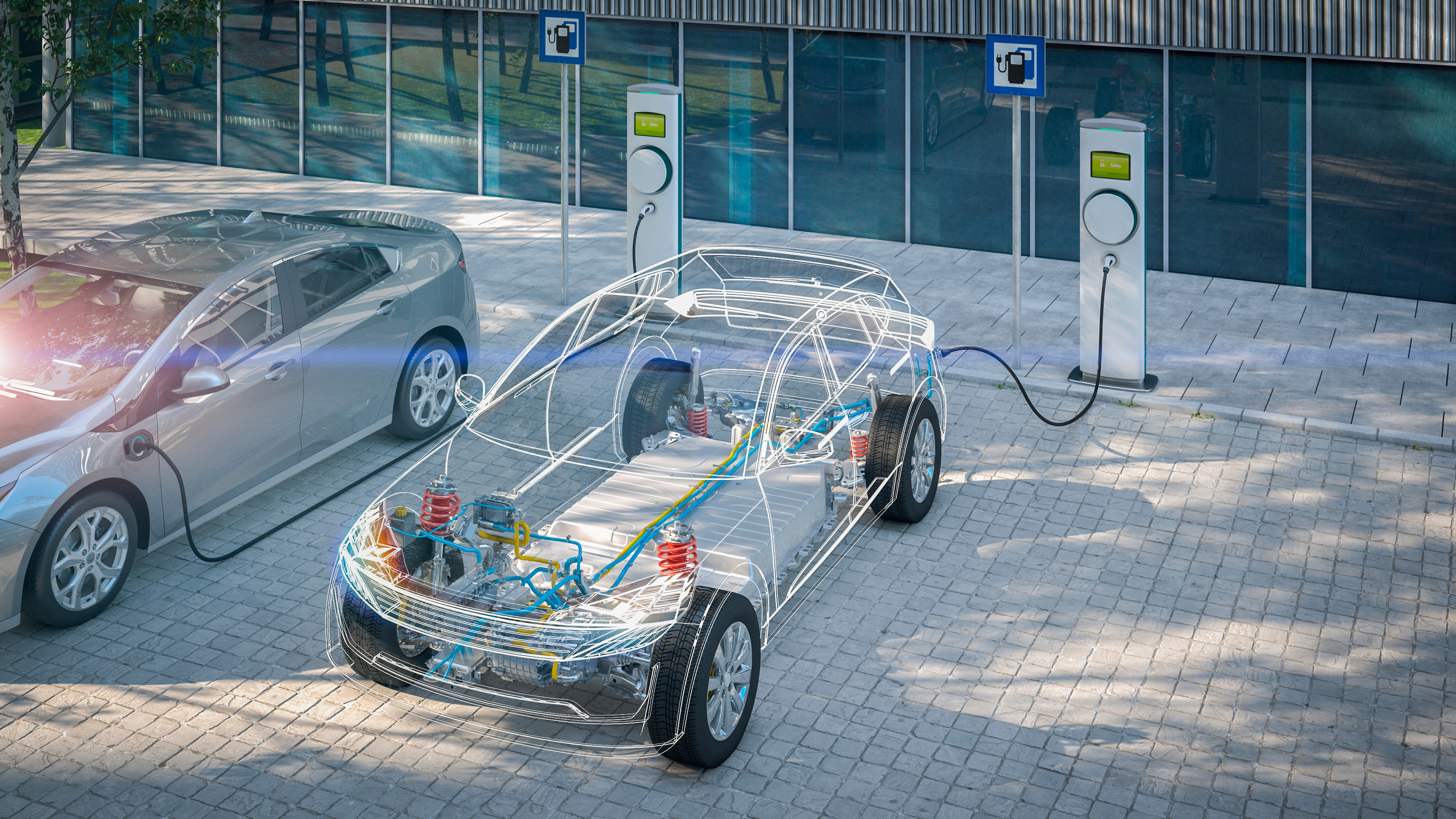Curbing Methane: Beyond Fracking to Urban Leaks


Uncovering the Hidden Culprit of Urban Methane Emissions
When we think of methane emissions, our minds often leap to images of sprawling agricultural lands or the vast, mechanical expanse of fracking sites. Yet, nestled within the heart of our cities, an invisible culprit lurks—aging natural gas pipelines. A recent study by Harvard University sheds light on this urban nemesis, revealing that Boston alone loses a staggering 15 billion cubic feet of natural gas annually due to leaks. This isn't just a financial headache to the tune of $90 million each year; it's an environmental crisis, with urban leaks emerging as a significant source of methane emissions.
The High Cost of Ignoring Natural Gas Leaks
The environmental and health implications of these leaks are profound, given methane's 25 times greater impact on the environment compared to carbon. But here’s the kicker: consumers are the ones shouldering the cost of these leaks through their utility bills. It's like paying for a gallon of milk, only to spill three-quarters of it on the way home. Not the best use of resources, right? Plus, the majority of methane emissions in cities like Boston don't even come from the usual suspects like fracking or agriculture, but from these so-called "super users," such as power plants and, yes, leaky pipelines.
Fracking and Agriculture: Not the Only Methane Giants
While it's true that fracking companies and the agricultural sector have been under scrutiny for their methane emissions, recent studies show that efforts to reduce leaks at fracking sites are paying off, with significant declines in emissions. This success story is partly because it's in their financial interest to minimize product loss. However, this profit-driven motivation doesn't apply to urban settings, where the high costs and logistical nightmares of replacing old pipelines make leakage less a financial issue and more a matter of public and environmental health.
Pipeline Predicaments: Why Urban Leaks Demand Attention
Addressing urban methane leaks presents unique challenges. The infrastructure is often buried under busy streets and nestled among densely packed buildings, making repairs disruptive and costly. Yet, ignoring the problem is not an option. Methane from urban leaks contributes significantly to the overall emissions problem, highlighting the need for focused remediation efforts that target these urban sources alongside broader regulatory measures aimed at industries like fracking and agriculture.
Massachusetts Leads the Way: A Model for Urban Methane Mitigation
In response to this pressing issue, Massachusetts and National Grid have embarked on an ambitious pipeline replacement initiative. This program prioritizes leaks based on their risk level, tackling the most dangerous ones first. This strategic approach not only ensures safety but also helps in managing the financial implications for utilities and consumers alike. Such proactive efforts serve as a beacon of hope and a model for other cities grappling with similar issues.
Rethinking Methane Emissions: The Road Ahead for Urban Environments
As we navigate the complexities of methane emission reduction, it's clear that a multifaceted strategy is necessary. Urban gas leaks represent a significant piece of the puzzle, one that demands innovative solutions and collaborative efforts between governments, utilities, and communities. By learning from the example of Massachusetts and recognizing the unique challenges and opportunities presented by urban environments, we can make strides toward a more sustainable and methane-free future.
The path forward is not just about tightening regulations on the usual suspects but also about shining a light on the hidden sources of emissions in our midst. By addressing these urban leaks, we're not only curbing methane emissions but also taking a stand for public health, environmental protection, and economic efficiency. So, next time you smell gas on the street, remember, it's not just an inconvenience—it's a call to action. Let's work together to patch up our cities and pave the way for a cleaner, greener world.

